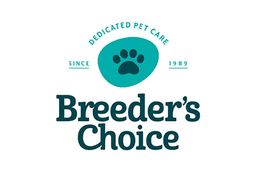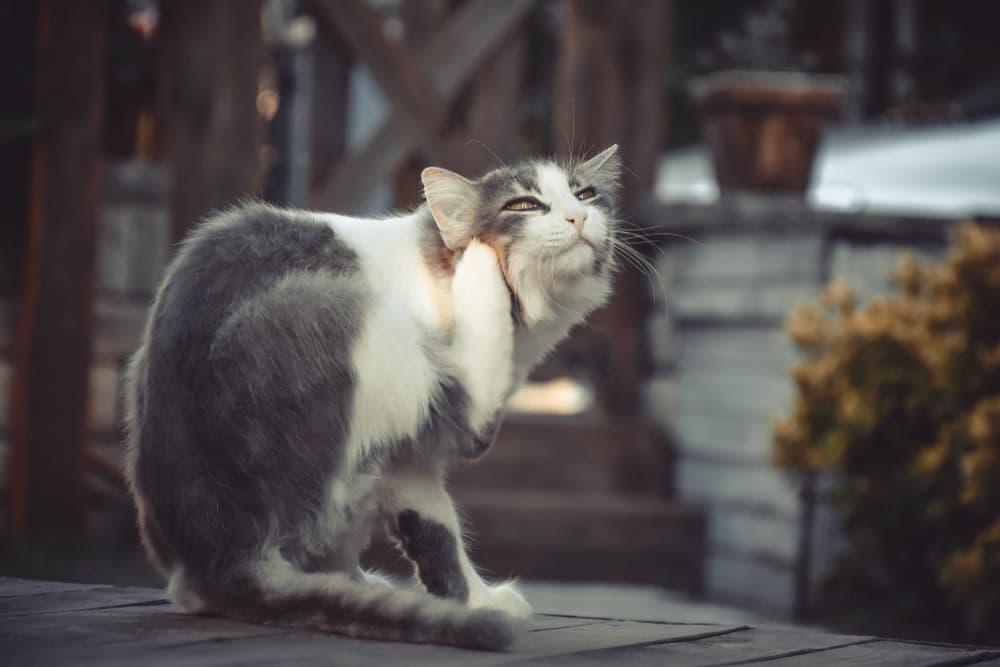Is your cat scratching a lot? It may have cat lice. Cat lice are small insects that feed on a cat’s skin. Unlike fleas, cat lice are specific to cats, so you can’t catch them. They also require quite different treatment.
Here's how to spot cat lice and treat them.
Does your cat have fleas or cat lice?
It’s far more common for a cat to catch fleas that it is for them to catch lice. They can pick up fleas from anywhere – another cat or different animal, or outdoors if it’s warm and fleas are around. Cat lice, on the other hand, are specific to cats, so they can only catch them by close proximity to another cat that is already infested. This usually only happens in crowded places where hygiene is perhaps not as it should be.
Fleas are easy to see – they’re dark in colour, tend to jump around and they leave a trail of black dirt made up of excrement and dried blood. Lice are white and can be difficult to spot. it actually much easier to see their eggs. These are known as nits (just like head lice in humans!) and adhere to the individual hairs of the cat’s coat.
If your cat is noticeably itchy, its coat is looking poor and you can't see any fleas, it’s possible that cat lice are the problem.
Cat Lice Symptoms and Treatment
Before treating for lice, be sure to look out for signs and symptoms and check with your local veterinarian that your cat indeed has lice.
Symptoms include scratching, biting and rubbing the impacted areas. Hair may also be missing and your cat could appear restless.
Utilising topical treatments such as Advocate or Revolution is one of the best ways to go about treating lice. Lice usually respond well to treatment, however currently there is no product that will eliminate existing laid eggs. Therefore, it is important to repeat treatment at closer intervals than you usually would with the above products. Treatment should be applied at fortnightly intervals for at minimum 4 treatments. In more severe cases, weekly treatments may be necessary and more effective. Addressing this with your veterinarian is highly recommended to see which treatment suits your situation best.
Fortunately, lice are species specific, so both you and your other non-feline animals are safe. However, it is recommended that all animals in the home receive monthly treatments to avoid any infestation occurring. This is particularly useful for animals with multiple same species animals, to avoid cross contamination.





























